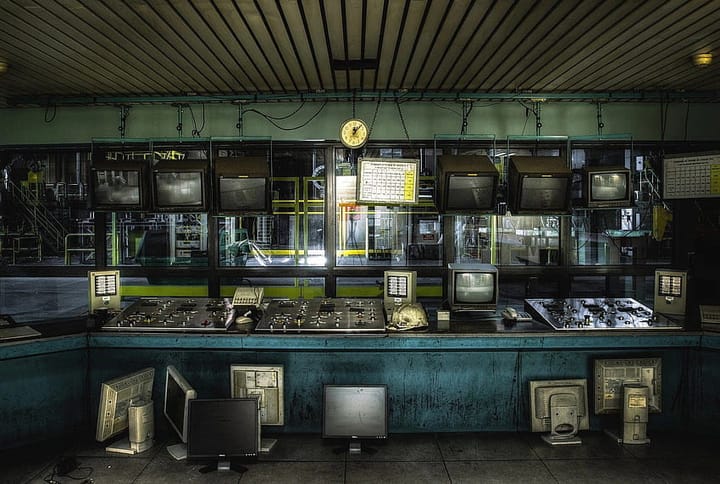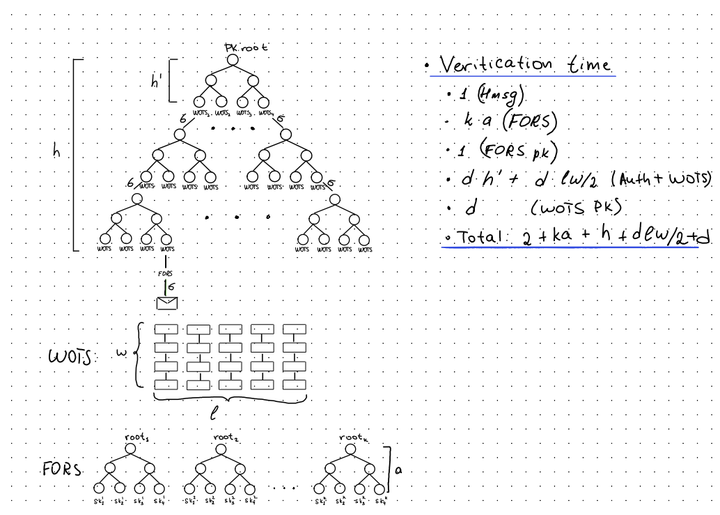Are Air Gapped Devices the Future of Personal Security in an AI Driven World?

What Air Gapped Really Means
An air gapped device is a computer or hardware system that is completely isolated from the public internet.
It has no WiFi, no Bluetooth, no ethernet connection, and no network access. Nothing comes in and nothing goes out unless the user physically transfers it.
People use air gapped devices to store their most sensitive data, private keys, important documents, or digital assets because it removes nearly the entire online attack surface. If a device cannot be reached, it cannot be hacked through the internet.
Air gapping is not new, but the rise of AI powered cyber attacks is pushing this idea into the mainstream. The more autonomous the attacks become, the safer offline systems look.
Why AI Is Accelerating the Need for Offline Security
AI has changed the speed, scale, and intelligence of cyber threats. Attackers no longer need teams of people. They can deploy AI agents that learn, test, refine, and attack around the clock.
Here is why that matters.
AI Never Stops Learning
A malicious agent can run thousands of attack variations until one breaks through. Firewalls and antivirus tools were never designed for this level of persistence.
Air gapped devices remove the entire online entry point.
AI Supercharges Social Engineering
Voice clones, fake videos, real time impersonation, and AI written messages have made phishing nearly indistinguishable from real communication.
An air gapped device does not get emails, links, attachments, or fake prompts. The attack vector disappears.
Supply Chain Attacks Are Rising
AI helps attackers scan for weak points in software updates, vendors, and dependencies.
Offline systems do not auto update or silently install anything. You verify every file that ever touches the device.

Why Bitcoin, Self Custody, and Air Gapping Fit Together
Bitcoin was designed to survive in hostile environments, especially as attacks get more automated. If AI powered malware starts draining hot wallets the moment a seed phrase hits a compromised machine, cold storage becomes not optional but essential.
With an air gapped Bitcoin signing device you get:
- Full control of your private keys
- Zero exposure to online exploits
- Protection from browser based wallet drainers
- Defense against AI driven phishing
- True financial sovereignty
In a world of autonomous cyber attacks, offline signing will be the safest way to hold digital wealth.
Buy & Sell Bitcoin, Dollar Cost Average management abd pay your bills with Bitcoin on the the best Bitcoin only Exchange.
The Rise of Personal Sovereign Computers
Alongside air gapped tools, decentralized personal servers are becoming a foundation for people who want local control without relying on cloud corporations.
Start9 Embassy

A fully private, self hosted server that runs apps like Bitcoin nodes, Lightning nodes, password managers, secure messaging, file storage, and more. Everything runs locally, with no central authority.
Umbrel Home Server

A plug and play decentralized computer that lets you run a Bitcoin node, Lightning wallet, media storage, AI apps, privacy apps, and personal cloud tools, all on your own devices.
These systems are not air gapped, but they are decentralized, private, and user controlled, offering a powerful middle ground between full offline storage and full online exposure.
They allow you to keep your digital life inside your home, not in someone else's data center.

What the Future Might Look Like
Personal Offline Vaults
Small, isolated devices that store private keys, identity documents, and sensitive data. Accessible only via QR codes or removable media.
Offline Bitcoin Signing Tools
Hardware that never touches a network. It only signs transactions you bring to it. These will become as common as safes in people’s homes.
Hybrid Security Models
Everyday funds will live on hot wallets or mobile apps, while long term assets remain completely offline.
Local Microclouds
More people will run Start9, Umbrel, or other decentralized servers to store files, photos, notes, and private AI models locally.
Will Everyone Do This?
No. Most people will always choose convenience over sovereignty. They will trust cloud platforms, centralized wallets, and big tech systems.
But the people who understand risk, privacy, or independence will adopt this shift early.
Air gapping and local self hosted tools will become the norm for anyone who wants real control over their digital life and digital money.
The Bottom Line
AI has raised the stakes. Cyber attacks are automated, persistent, and adaptive. In this new world, storing your most valuable information offline is one of the safest decisions you can make.
Air gapped devices, Bitcoin self custody, and decentralized personal servers like Start9 and Umbrel represent the next era of digital sovereignty. They give people control, privacy, and resilience at a time when the online world is becoming more unpredictable.
The future of personal security may not be fully offline, but for the things that matter most, air gapping will play a major role.





Comments ()